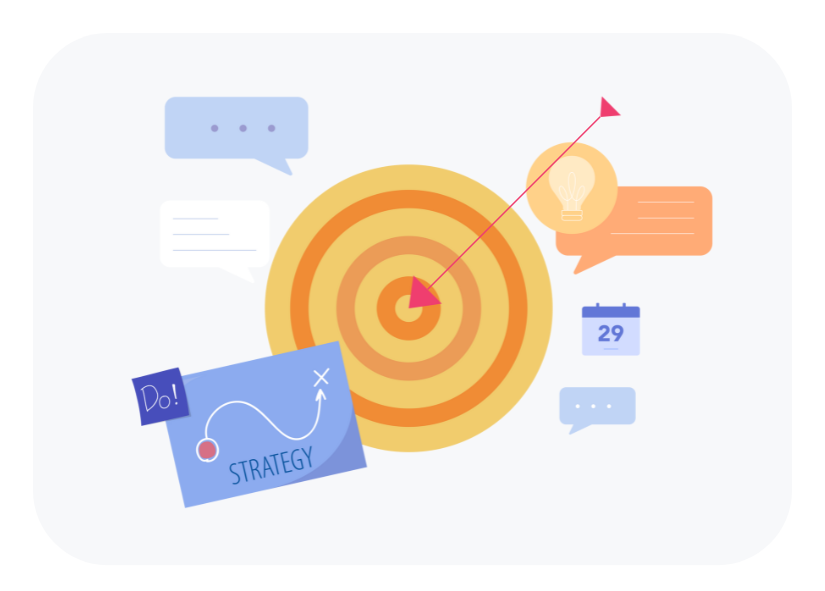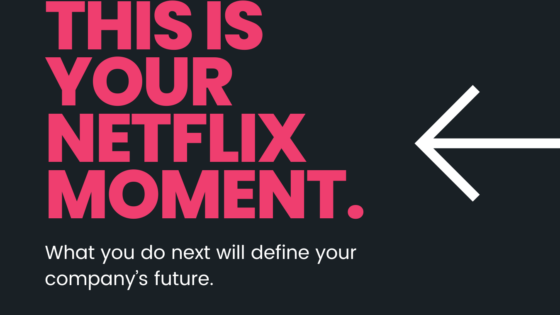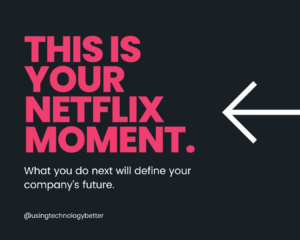In a previous post I highlighted some newspaper articles and blog posts that gave teachers and school leaders some information about the latest concerns about Google mining student data.
Since writing that post, I noticed that whilst some people had a good knowledge of the information, the way they were communicating the information to parents, teachers and board members was not very helpful. I recorded a quick video with 3 tips on how to answer peoples concerns about data security. As well as the video, there is a transcript and a Google Doc with a number of references including a shortened copy of the privacy policy from Google etc.
Transcript:
Hi, Mike Reading here. Over the last couple of weeks, there has been a lot written on the internet, in forums, in newspapers, blog posts and so on about what is Google doing with student data? And so I get a lot of emails from schools asking how to best respond to parents and board members and teachers concerns.
And so I wanted to put together this quick video that talks to you about three ways that you can answer people’s questions and concerns and also I wanted to give you a resource. We have lots of links and articles so that you could be fully resourced and informed about the situation. So here are my three tips about how to best answer parent’s concerns.
The first tip I have for you is this. Don’t be flippant in your response. I’ve seen some people respond to people’s questions with answers such as “Well everybody mines data. Who cares? Google doesn’t use it to target ads because ads are turned off in the student accounts” which is true, or i’ve even seen people say “Well your child gives away more information on Facebook than Google could ever get from and email, so what are you concerned about?”
Now my advice to you here is, don’t just dismiss people’s concerns because they are real concerns and I understand that maybe you have a trust of Google and you trust them and you know that ads are turned off and our resources will certainly point you to the links that show you that. But here, my point is this. Just take people’s concerns to heart and do your best to communicate with them and hear and understand their problems.
So point number two is this. In psychology they tell us that people feel loss more than the value gains. So when psychologists talk to us about this, what they are saying is that the fear of loss is a massive motivator for people.
So if this is the case, my suggestion to you is not to then go on and talk about all the benefits of Google Drive collaboration and how fantastic Google is because they’re really not interested in the gains they can get.
What they are interested is “What is the potential for loss if this goes bad?” So my encouragement to you here is to listen to their concerns, try and understand what they are concerned about losing and then be able to answer those questions specifically.
The third suggestion that I have for you in being able to answer people’s concerns about student data and so on is be well resourced. If you are able to articulate the problem and the concerns that people might have, better than even those people can, what this will do is it will position you as an expert. Because if I can explain the problem to you better than even you know the problem, then when I give you an answer, then what will happen is that they will expect that your answer is correct because you even know the problem better than them.
So if you are watching this video on my blog, then just below you will see a link to the resource.
If you are watching this video on YouTube, just have a look in the description section below and you will be able to see all those resources there.
If you have any questions, then shoot me an email at mike@teacherstraining.com.au and I’ll certainly do whatever I can to help.
So I hope you enjoyed the resource and the documents and that your discussions become a little bit more fruitful. Until next time, I’ll see you then.
Google Doc with all the resources you need

















